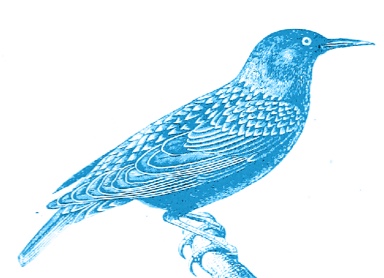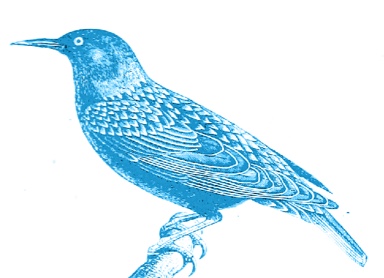Many women, including myself, have always expressed themselves in writing. After I had children, I noticed two things happening – I felt I suddenly had so much I wanted to say, and I felt there were so many more barriers to my saying it.
Today in The Motherhood, we were joined by Kate Hopper, whose book, “Use Your Words: A Writing Guide For Mothers” aims to help women mine for the stories of their lives and bring them into the light. Kate was joined by Marilyn Bousquin, Kara Thom, Janine Kovac and Mary Hill, other writing mothers, to discuss the challenges to writing as a mother and what is gained by overcoming them.
One obstacle mothers find to writing is a perceived lack of time. As mothers, we know that our free time often comes in increments that can be measured with the second hand sweep of a watch. The solution is to use the time you have, even if it’s just five minutes. Mary has “taken to keeping a blank document open on my computer and a stack of post-its in the kitchen. I’ve started a few essays with notes from a post-it!” Kara tries to keep a notebook in her “take everywhere” bag.
Like so many moments of motherhood, inspiration is fleeting; capture it however you can or it evaporates. Kate also noted, “I think it’s important to figure out when you’re freshest, and put aside ten or fifteen minutes then. Sometimes that means getting up really early for me or heading to the coffee shop on the weekend.”
Marilyn brought up Kate’s encouraging women “to write their experience of motherhood despite the cultural myth of motherhood.” She questioned how we can separate the two. Kate suggested, “I think it helps to begin with what you perceive to be a mother failure. Write it in as much detail as possible and how you felt about it. then start asking questions. Why did you feel like a failure? Where were those messages coming from?” What an amazing idea – using what feels like failure as a gateway to your truth!
Erin echoed a wish many of us share – to have a record of the stories of our mothers and grandmothers – and asked how to know where to start in telling our own stories. Kate’s advice was to begin with a single detail, and to capture moments first by focusing on sensory details (imagine the smell of your grandmother’s kitchen). Once you’ve captured one moment in detail, Kate said to move on to another, and recommended keeping a list of memories so you can be ready to work when you have a few minutes.
Janine pointed out that a lot of “mom-oirs” and mom blogs sound the same – how do you find your voice? Kate cautioned that voice doesn’t always magically descend; sometimes it comes late in the writing process, and sometimes it can be crafted. Mary said sometimes she gets tired of her voice, questioning whether that means it’s not authentic. Marilyn responded, “Many of us women become ‘distant’ from our authentic voices as we move through adolescence, and writing to your pre-adolescent self can put you back in touch with the part of you (your voice) that is still there!”
Then there is the question of what to share, and how to share it. Sometimes, as Kara pointed out, the stuff that resonates with readers is “the hard stuff,” the tales of struggles and feeling like a failure.
What about the need to speak about the joys of motherhood? Those are an equally true part of our stories, but they can feel hard to write without coming off as sappy or shallow. Kate cut to the heart of the matter when she said, “I think there needs to be room for all of our experiences to exist on the page, but if the subject or voice doesn’t feel natural to you, it’s not a fit.” We need permission to write the truth as we know it, not as we imagine an audience wants to see it.
Privacy issues can crop up as our kids get older. Their lives are so interwoven with our stories, but they may not want us to share them, as Deborah pointed out. Kate offered that one solution may be to refocus a piece on you, rather than on your kids. She allowed that it’s a tough call, and that she bears in mind that one of our primary jobs as moms is to protect our children. In the end, as with so many parts of mothering, we may just have to listen to our gut.
Writing and motherhood have much in common. Doing it well is difficult, but you have to keep at it anyway, day after day, with an uncertain outcome looming in the hazy distance. The work comes out better when it’s done with a full heart. And both are journeys of discovery.
Kate put it so beautifully: “I think discovery is inherent in writing any memoir. If you are really searching for answers, it’s inevitable. I think as mothers we’re so caught up in the day-to-day that it’s hard to take the time to process our experiences. Writing slows us down enough to allow us to discover what we know.”




Take a Comment. Leave a Comment.